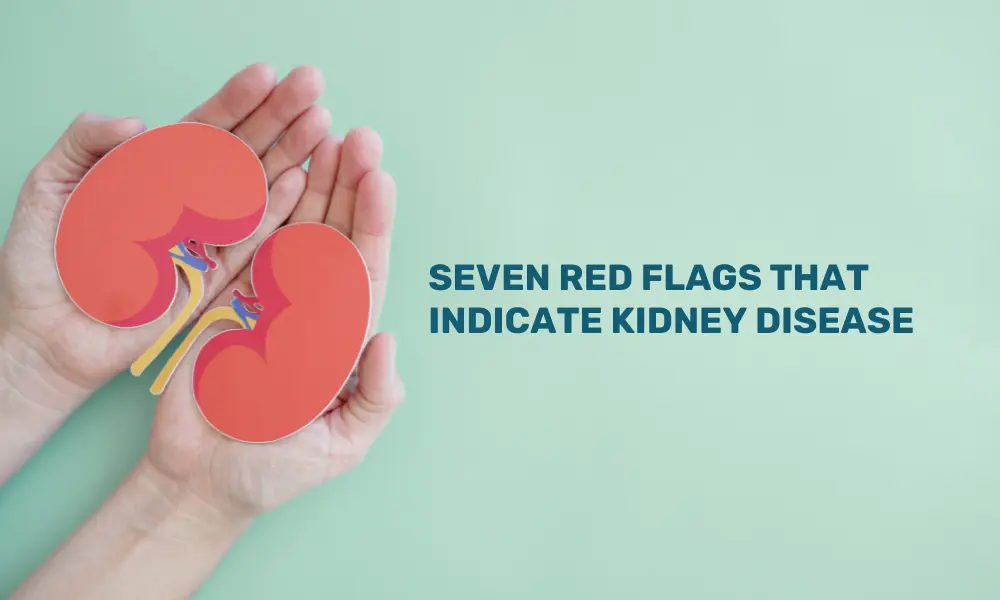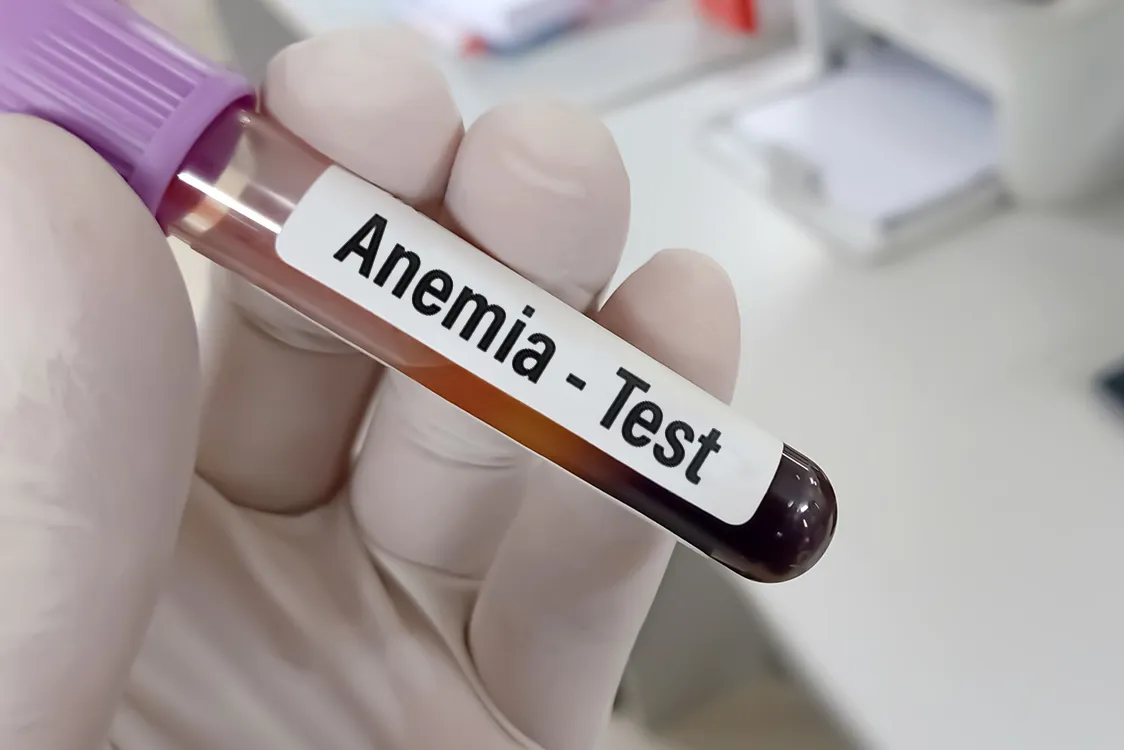The kidneys are life-sustaining organs of the body, primarily responsible for filtering waste, regulating fluid balance, and controlling essential minerals in the body, such as sodium, potassium, and calcium.
However, when the kidneys are stressed, early warning signs are often overlooked. Early detection of these signs can prevent long-term damage and maintain your kidneys in good overall condition.
Seven early symptoms of the kidney disease that one must be aware of!
1. Puffiness around the eyes
Protein loss in urine is a sign of kidney damage. If you experience recurring puffiness around your eyes, it is a sign of protein loss, which needs to be tested by a doctor.
2. Itching or dry skin that does not go away
Healthy kidneys filter waste out of the blood and regulate mineral levels. When they are not functioning well, waste products can lead to dryness, itching, and irritation of the skin.
3. Changes in urination habits
If you find that you urinate more or less than normal, have foamy urine, or have trouble urinating, it may indicate kidney problems. You should have persistent changes checked by a physician to eliminate underlying issues.
4. Ongoing fatigue and weakness
Kidneys contribute to the production of a hormone that aids in red blood cell production. When there is kidney dysfunction, low levels of red blood cells can result in anemia, resulting in ongoing fatigue and lack of energy.
5. Unusual back pain
Back or side pain, particularly if it’s recurring, may be associated with kidney infection, stones, or other conditions that put additional strain on the kidneys.
6. Shortness of breath
If fluid accumulates in the lungs or anemia is caused by the stress on the kidneys, you may find it hard to breathe even at rest.
7. Ankles, feet, or hands swelling
Kidney stress may cause fluid buildup, which often results in swelling of the extremities. This is a consequence of the kidneys’ reduced ability to regulate fluid and salt balance in the body.
How can kidney disease be prevented?
Here are a few lifestyle tweaks that can be incorporated to prevent kidney diseases.
-
One must avoid excessive protein supplements and painkillers and stay hydrated.
-
Our diet should include increased intake of vegetable protein and reduced intake of animal protein.
-
One must take supplements with adequate fluid intake.
-
Regular physical activity is beneficial for overall health and well-being.
-
Maintaining a healthy body weight so that the stress on the kidneys is reduced.
-
Improve your overall health.
-
Avoid excessive consumption of drugs, smoking, and alcohol.
Our kidneys quietly but constantly function to maintain our good health. If you experience any of these symptoms, it is critical that you consult a nephrologist as soon as possible. Intervention can prevent complications and protect kidney function.
Disclaimer: This article is meant for informational purposes only and must not be considered a substitute for professional advice.





